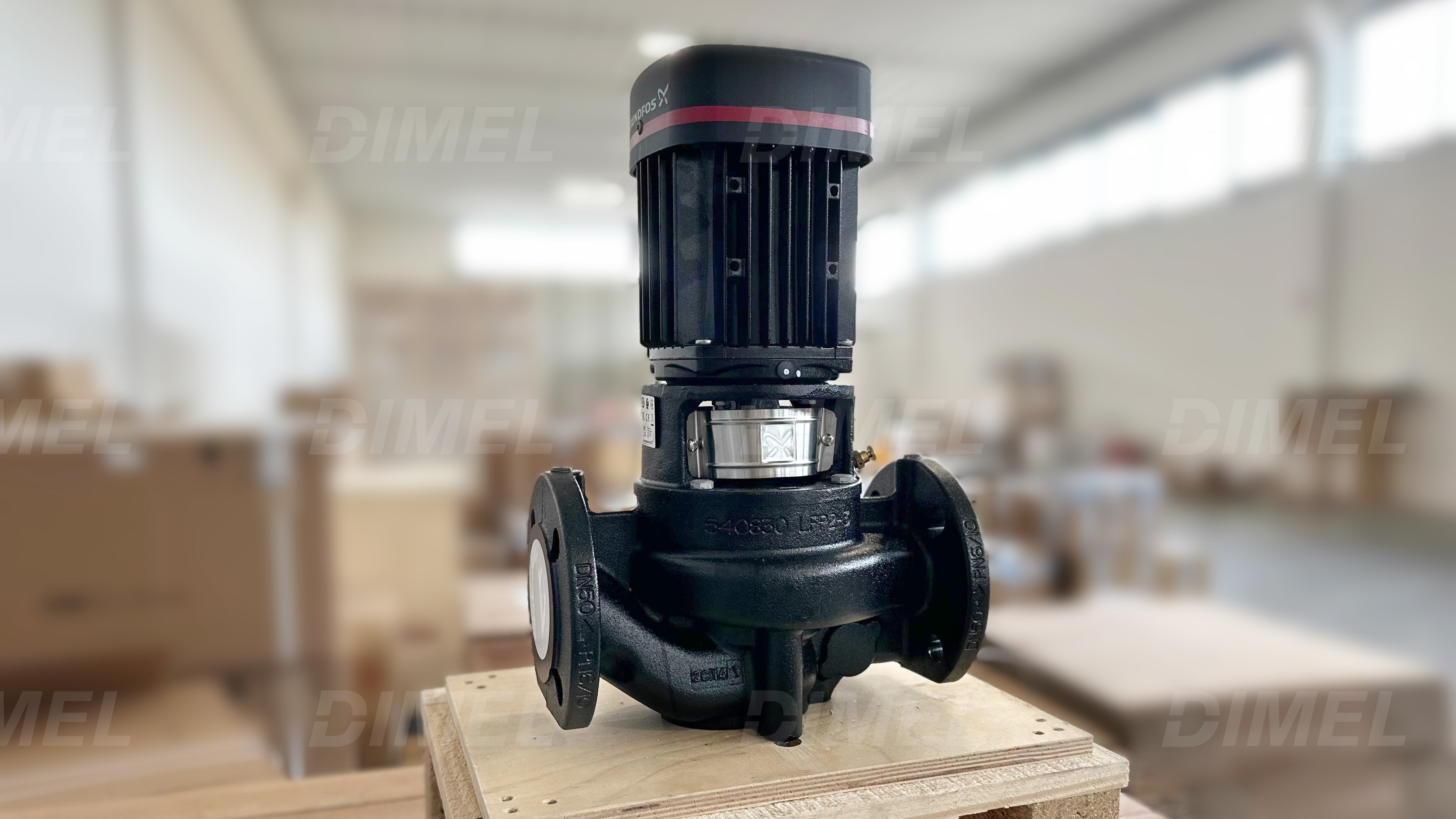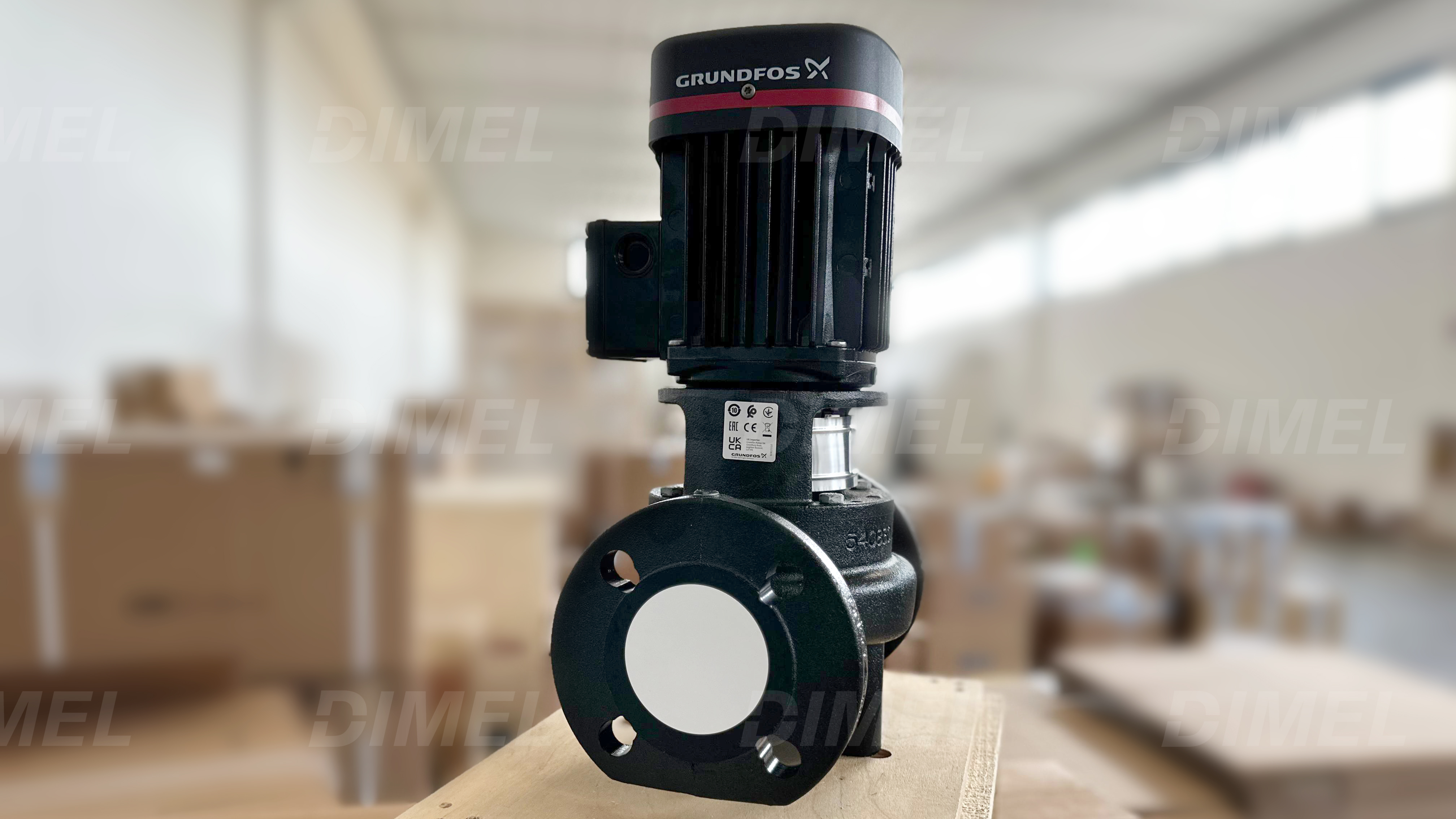Submersible Pumps: Technology and Applications
Submersible pumps are essential devices in various sectors, from industrial development to water resource management. These pumps operate directly immersed in the fluid to be pumped, leveraging advanced engineering principles to ensure efficient and reliable performance. This article will explore the basic technology of submersible pumps, their common applications, and the advantages they offer.
Technology of Submersible Pumps
Submersible pumps are designed to work in environments where conventional pumps would be ineffective or impossible to use. Their robust construction and compact design allow them to operate fully submerged in the fluid being pumped. This not only reduces the risk of cavitation but also improves the efficiency of the pumping process.
Submersible pumps primarily consist of a motor and a pumping system. The motor is sealed to prevent damage from fluid ingress, while the pumping system may vary depending on the specific application. Some models use centrifugal impellers, while others employ alternative technologies such as screw pumps or peristaltic pumps.
A key feature of submersible pumps is their ability to handle a wide range of fluids, including corrosive or abrasive liquids. This makes them ideal for applications in areas such as wastewater treatment, the chemical industry, and oil and gas extraction.
Applications of Submersible Pumps
Submersible pumps find application in a variety of settings, from common to specialized. In the construction industry, they are used for dewatering construction sites, foundation pits, and tunnels. In water treatment systems, they play a crucial role in lifting and transporting fluids through filters and purification systems.
In the chemical industry, submersible pumps are crucial for the safe and efficient transfer of aggressive and hazardous liquids. Their ability to operate continuously under extreme conditions also makes them valuable for offshore applications in oil and gas extraction.
Submersible pumps are also used in domestic applications such as draining flooded basements and managing rainwater. Their ease of use and low maintenance requirements make them a popular choice for homeowners and small businesses.
Advantages of Submersible Pumps
One of the main advantages of submersible pumps is their ability to operate continuously without the risk of cavitation damage. This makes them ideal for applications where a reliable and efficient pump is required.
Additionally, submersible pumps are designed to be compact and lightweight, making them easy to install and transport. This is particularly beneficial in situations where space is limited or access is difficult.
Thanks to their robust construction and ability to handle a variety of fluids, submersible pumps offer high reliability and longevity. This results in reduced maintenance costs and consistent performance over time.
In conclusion, submersible pumps represent an effective and reliable solution for a variety of pumping applications. Their advanced technology and numerous advantages make them a preferred choice in industries that require high performance and reliability.
Technology of Submersible Pumps
Submersible pumps are designed to work in environments where conventional pumps would be ineffective or impossible to use. Their robust construction and compact design allow them to operate fully submerged in the fluid being pumped. This not only reduces the risk of cavitation but also improves the efficiency of the pumping process.
Submersible pumps primarily consist of a motor and a pumping system. The motor is sealed to prevent damage from fluid ingress, while the pumping system may vary depending on the specific application. Some models use centrifugal impellers, while others employ alternative technologies such as screw pumps or peristaltic pumps.
A key feature of submersible pumps is their ability to handle a wide range of fluids, including corrosive or abrasive liquids. This makes them ideal for applications in areas such as wastewater treatment, the chemical industry, and oil and gas extraction.
Applications of Submersible Pumps
Submersible pumps find application in a variety of settings, from common to specialized. In the construction industry, they are used for dewatering construction sites, foundation pits, and tunnels. In water treatment systems, they play a crucial role in lifting and transporting fluids through filters and purification systems.
In the chemical industry, submersible pumps are crucial for the safe and efficient transfer of aggressive and hazardous liquids. Their ability to operate continuously under extreme conditions also makes them valuable for offshore applications in oil and gas extraction.
Submersible pumps are also used in domestic applications such as draining flooded basements and managing rainwater. Their ease of use and low maintenance requirements make them a popular choice for homeowners and small businesses.
Advantages of Submersible Pumps
One of the main advantages of submersible pumps is their ability to operate continuously without the risk of cavitation damage. This makes them ideal for applications where a reliable and efficient pump is required.
Additionally, submersible pumps are designed to be compact and lightweight, making them easy to install and transport. This is particularly beneficial in situations where space is limited or access is difficult.
Thanks to their robust construction and ability to handle a variety of fluids, submersible pumps offer high reliability and longevity. This results in reduced maintenance costs and consistent performance over time.
In conclusion, submersible pumps represent an effective and reliable solution for a variety of pumping applications. Their advanced technology and numerous advantages make them a preferred choice in industries that require high performance and reliability.



